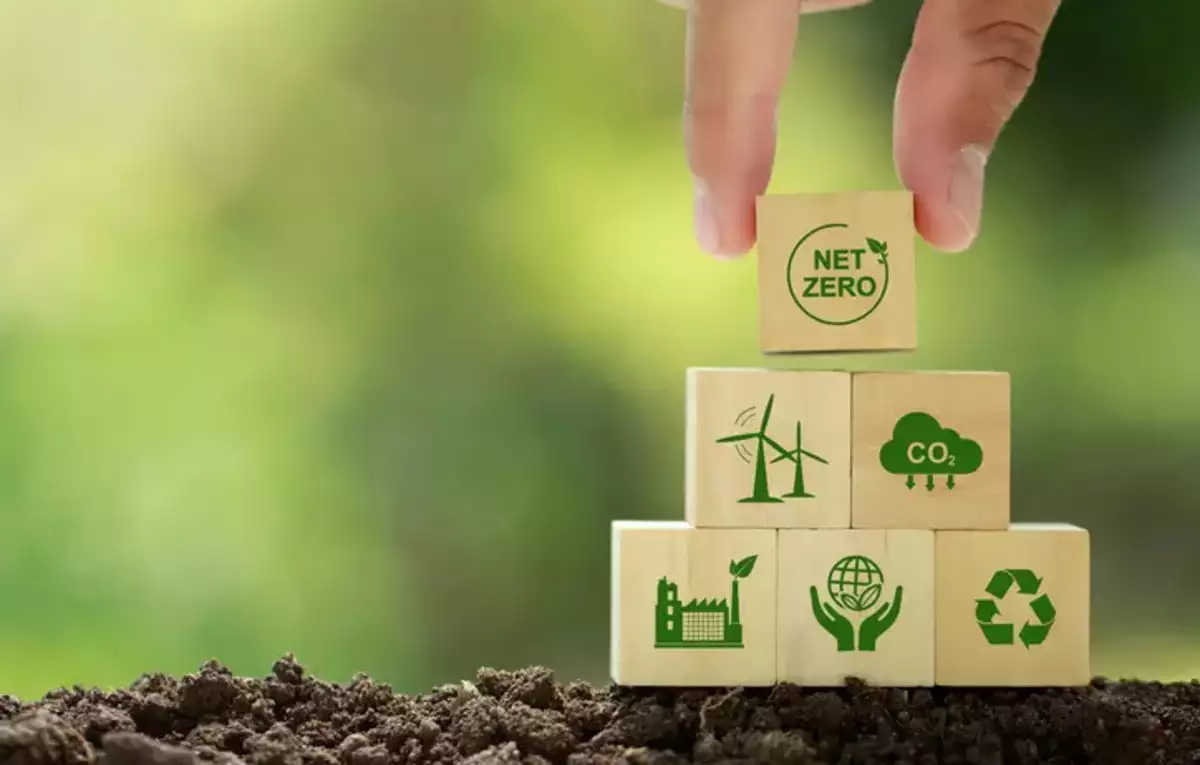In Tanzania, The EastAfrican has learnt that investors protested Dodoma’s carbon markets regulations entailed in the Environmental Management Act published in October 2022, saying the rules will curtail investments in the crucial sector.
They have criticised a requirement that carbon projects pay a registration fee of one percent of the expected Certified Emission Reduction (CER) value, without specifying the timeframe or way of valuing the credits.
The rules also establish taxes and fees of up to 19 percent, to be paid on gross revenue accrued on carbon credit sales, leaving project proponents with just 30 percent to cover all costs, including the transaction charge that is normally 10 percent of earnings.
An analyst who spoke to The EastAfrican on condition of anonymity said the regulations will “block several new projects from registration and may force existing projects to restructure in ways that offshore costs to avoid high taxes and fees on gross revenue.”
Kenya has also drafted a series of regulations which, if passed, will guide implementation, governance and benefit sharing in carbon projects.
But, unlike Tanzania, Nairobi’s proposals have been lauded by experts as a “positive step” toward bolstering the sector.
The proposals are in form of three separate bills currently in parliament, which seek to introduce what will be Kenya’s first formal regulation of the carbon trading markets.
Kenya’s proposals
The Climate Change (Amendment) Bill, by the Ministry of Environment and passed by Cabinet, makes it mandatory for all project proponents to enter into a development agreement with communities impacted by a project.
The law would compel carbon project proponents to devote at least 25 percent of earnings from carbon credits every year for social benefits to impacted communities.
It, however, allows proponents to negotiate and agree on other benefits-sharing mechanism with landowners and communities.
Another bill, the Carbon Credits Trading and Benefit Sharing Bill sponsored by a private member, specifies benefit sharing ratios for different carbon projects, imposing mandatory taxes of between 5-10 percent to county and national governments.
The Natural Resources Benefit Sharing Bill proposes establishment of benefit-sharing committees in every county, which will negotiate agreements for communities.
Kenn Essau, a principal at carbon projects advisory firm Ecodev Consultants, says that although the proposals are not entirely perfect, they are a step in the right direction.
“Carbon trading business in Kenya has rather been haphazard, without any standards or requirements put in law or policy to guide the trade. The regulations will streamline the business,” he told The EastAfrican.
Benefits to communities
Essau argues that the proposed regulations will address the issue of intermediaries in carbon projects to ensure most of the benefits go to communities.
Environmental lawyer Elizabeth Gitari-Mitaru, however, argues that both the Tanzanian and Kenyan regulations, while good for communities, will not incentivise the carbon trading markets enough to spur investment.
She says the governments should look at the carbon trading markets like an economic activity just like any other, where production responds to incentives.
Ms Gitari-Mitaru, who is also the managing partner at Ogo Law Advocates, says the proposal to have governments also share in the revenues from carbon credits is wrong and not trade-facilitative.
“The governments should understand that their role and responsibility is to facilitate trade through incentivising participation in carbon markets. You can’t do that whilst restricting the capacity of people to make money from these activities,” she told The EastAfrican.
Yet experts say the nature of the regulations will be crucial to the survival of carbon projects in the region.
“The idea is that if government creates an enabling framework for you to participate in farming or any other economic activity, the automatic issues of how that money trickles down and supports the economy are supported by those frameworks,” she said.

